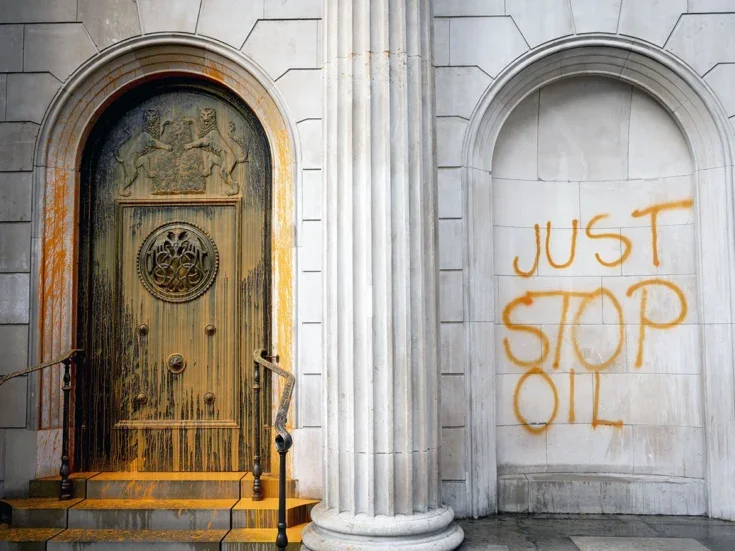So where are we now? The evidence all points to a double-dip around the turn of the year
Over a year ago Spear’s predicted a double-dip recession, for the simple reason that total debt, that is public debt and private debt, was so high in relation to GDP in Japan, the EU and US that it was inconceivable that repayment could ever be made and that, as a result of mounting fiscal deficits, a classic debt-deflation trap was inexorably developing.
The inescapable mathematics, and the fact that the average length of a banking crisis is 4.2 years, lay behind our prediction, while the central bankers hosed down the banking system with Quantitative Easing and governments threw Keynesian dollars at their economies to save their GDPs, in a vain attempt to stave off the inevitable. They hoped the BRIC consumers would haul the world out of recession, but the maths on that idea never did begin to stack up, as their GDP per capita remains minimal.
So where are we now? The evidence all points to a double-dip around the turn of the year. And, surprisingly, the great hope of China is now the economy to watch, as it is clearly over-heated and its banks are over-lent on property too. The mandarins have also been covering up the extent of their local government debt, where provincial budgets are a state secret, or were until the National Audit Office revealed that some local government debts were over 100 per cent of disposable revenues — the highest was 365 per cent!
But it’s in Japan, the EU and the US where the real debt problems linger and fester. House sales in the US, for example, were down 33 per cent in May, as the Homebuyer Tax Credit expired; unemployment is stubbornly stuck at 9.7 per cent; manufacturing capacity is only 71.9 per cent utilised; and over half the states are grappling with Chinese-style budget deficits as well, while inflation is at a record low of 0.6 per cent.
Tellingly, M3, or broad money that includes bank loans, is down 7.6 per cent in the last three months, which is a leading deflationary indicator, while the positive effects of 2009’s fiscal stimuli and QE begin to wear off.
The eurozone, meanwhile, threatens to be the Ground Zero of Banking Crisis 2, as it becomes apparent that the Franco-German plan to create a European Central Bank €750 billion standby facility is designed as much to save their own under-capitalised and under-provided banks as to prop up Club O’Med’s economies. Those are reeling from the austerity cuts that are eating away at their GDP, thus causing debt-to-GDP ratios to rise, the classic debt-deflation curse. This emergency facility is too small for the problems faced, that’s for certain, but it means that the ECB can now follow the Fed, BoE and BoJ with its own licence for QE.
In the UK the Coalition government, however, has sensibly begun to wield the axe at the bloated public sector and has made no bones about the real austerity that lies ahead. Osborne’s 2010 Budget should have been Brown’s 2007 Budget, but the latter missed his own Golden Rule of balancing the deficit through the cycle with a £485 billion own goal: slashing spending now can only reduce GDP during a recession, compounding the problem.
That is why this debt-deflationary double-dip recession has obviously been in the works since 2007. The only other way to go now is to print more money, ie QE, and risk creating monetary inflation, which overdone or come tardy off destroys money and savings, but is a sure-fire way of getting rid of real debt. Perhaps the G20 were hedging their bets, not quite knowing which way to go…
The odds are tending towards more QE as the double-dip becomes more obvious over the autumn, which will stoke up monetary-led inflation in 2011-12, leading to higher interest rates, which will in turn strengthen the downward trend, leading to more QE and so on. As real debt is extinguished, so the chances of Great Depression 2 will become all the more probable; it’s all a question of degree and timing.
Mr. Bernanke, the self-styled Friedmanite monetarist with the answer to debt-deflation depression economics, will have his work cut out to live up to his billing.






